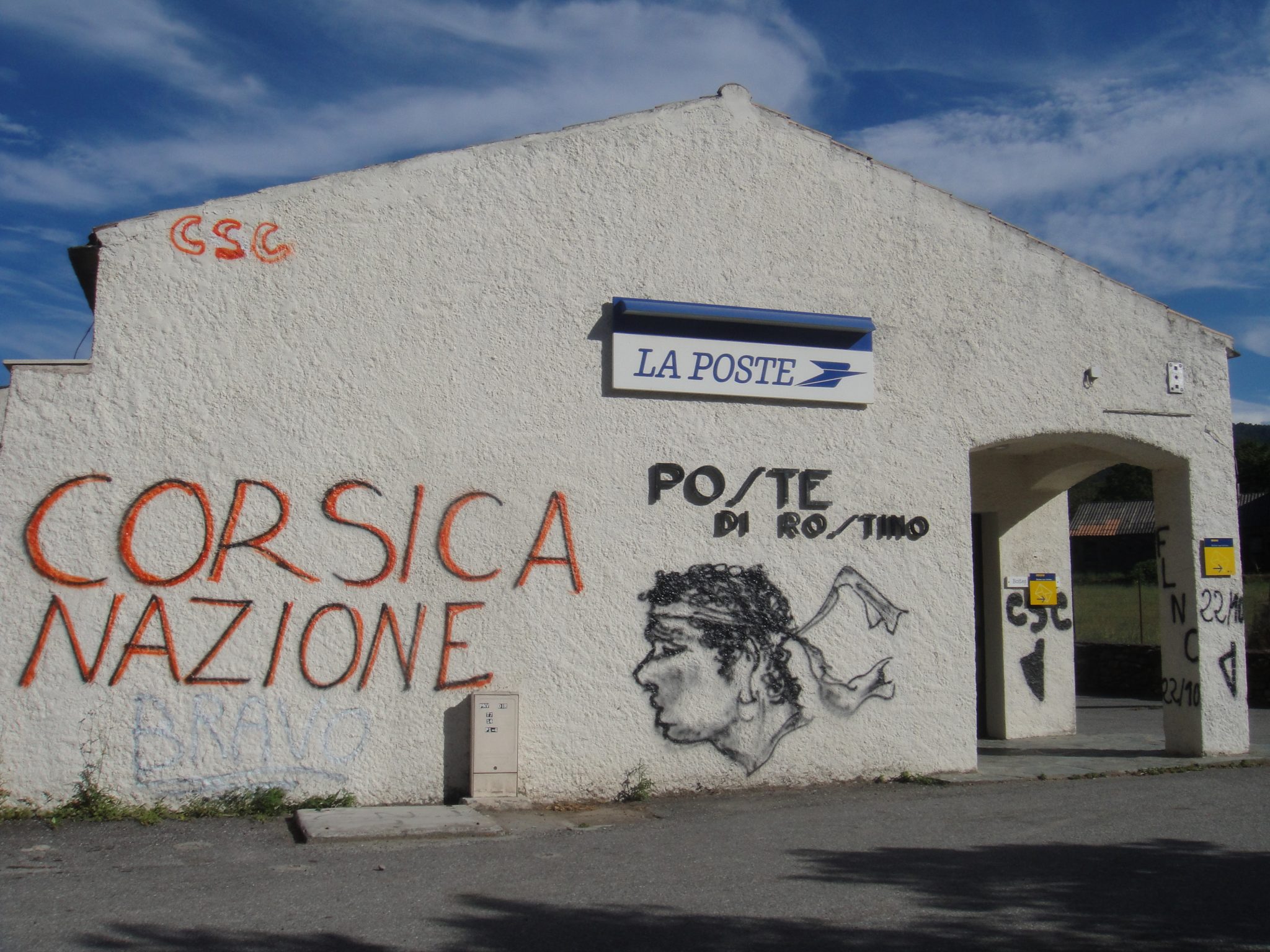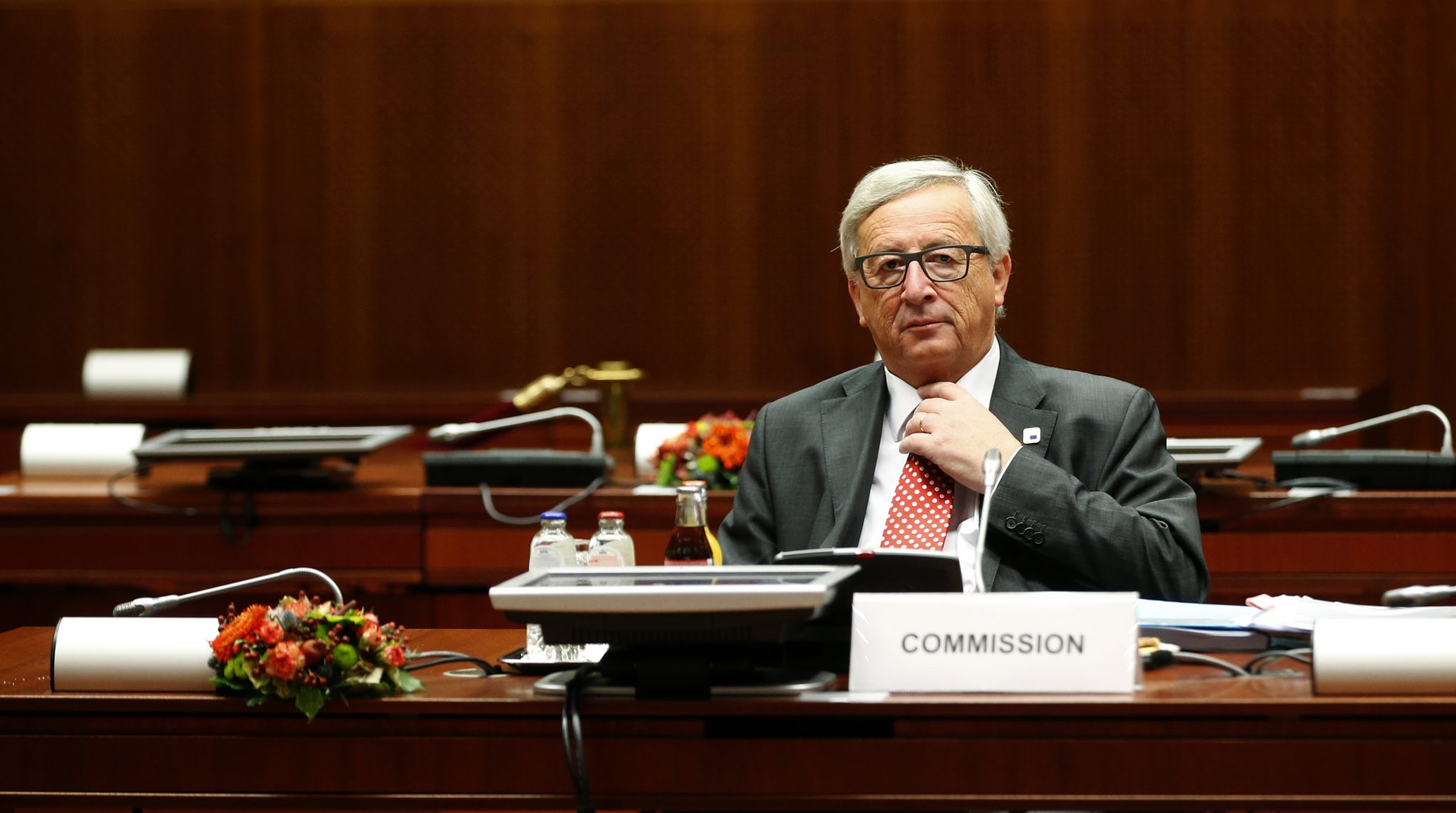
[authorbox authorid=”79″ title=”The Author”]
Corsica’s relationship with mainland France hasn’t always been easy. Proud of its distinctive language, culture and history, Corsicans have repeatedly asked for more autonomy from Paris. For four decades the island politics have been marked by terrorist violence involving separatist paramilitaries, which laid down their weapons following a ceasefire in 2014 to pursue change through the ballot box.
Corsican nationalists had an overwhelming historic election victory last December when the coalition Pè a Corsica (For Corsica) won in the second round of polling with the 56,5% of the votes. The nationalist alliance was formed two years ago between the autonomist Gilles Simeoni, Corsica executive council president and the pro-independence Jean-Guy Talamoni, the speaker of Corsica assembly.
The nationalists’ demands included an explicit recognition of the Corsican personality in the French Constitution, a special resident status that will give the inhabitants of the island priority for housing market, the co-official status of the Corsican language and finally, an amnesty for those in jail considered to be political prisoners. Macron showed little enthusiasm to initiate talks with the Corsican leaders; however, the vote results forced him to do.
Last week the president of France did a two-day visit aimed at easing the relationship between the Elysée and the Mediterranean island. Prior to his arrival, thousands of Corsicans took to the streets calling for democracy and for a greater autonomy from France. However, Macron gave little ground to Corsica’s politicians for almost all of their demands for greater autonomy.
The French president symbolically started his visit by paying tribute to the former prefect Claude Érignac, who was shot dead by a pro-independence group while on his way to a concert in Ajaccio in 1998. Speaking on a podium flanked by the European and French flag, but not the Corsican one, he presented his plans for the island’s future.
Macron said he wouldn’t recognise Corsican as an official language, one of the key wishes of nationalist leaders. He also denied a special residency status to prevent housing speculation by non-islanders and rejected to relocate Corsican prisoners held in mainland prisons. He insisted that Corsica is an integral part of the French Republic, but offered to recognise its identity by a mention in the constitution. Nevertheless, it remained unclear how this latter promise will be materialised. It is worth mentioning that he suggested the extension of the region’s capacity to raise taxes, establishment of a new law to protect Corsica landscape and mobile phone network coverage throughout the island.
These little concessions did not convince Simeoni and Talamoni, who showed their dissatisfaction by not applauding the president’s speech. “The president of the Republic could have shown himself to be a capable statesman, anchoring peace, building reconciliation and creating conditions for a calm dialogue taking into account the people’s aspirations and interests”, Simeoni said. Nationalists’ leaders also warned Macron was playing with fire as political violence could spread again in the island if they don’t obtain the autonomy they are seeking.
Some academics and politicians have compared the current situation in the island with the Catalan bit for independence. For example, the president of the European Commission, Jean-Claude Juncker, without mentioning Corsica specifically, has admitted that “cracks” are appearing in the European Union after Catalonia declared itself independent from Spain. Some believe there is a real threat of a domino effect that could put the Union into crisis due to the numerous pro-independence movements in the majority of Member States.
The fact is that there are a couple of potential separatists’ movements in Europe, namely, the cases of Scotland and Catalonia. That’s about it. What are we seeing elsewhere is an increase of autonomism and regionalism, which is not the same. Even the Basques are moving away from seeking independence towards negotiating with Madrid for more competences within Spain.
These events have a lot to do with European integration, democratisation and globalisation; as well as the rising feeling of unnecessary role of the central state in these regions. That is also fuelled by the will of having their own voice in the world.
Unlike Catalonia, which is wealthy and self-sufficient, Corsica is still very reliant on Paris. The island receives 2 billion euros more than it contributes. Therefore, for many nationalists independence is a longer-term aspiration, which also explains the ambition of Pè a Corsica to seek more autonomy not independence. So essentially, the Corsican nationalist movement is based on cultural reasons rather than economic ones.
Nonetheless, Macron’s approach to the Corsican issue is remarkably different from Mariano Rajoy’s way of dealing with the Catalan one. The French president planned a trip to Corsica to deescalate tensions and spoke with the nationalist government. During his presidential campaign last year, he claimed several times he was open to admit the “particularities” of the island because France was strong enough to recognize them.
Despite Simeoni and Talamoni’s disappointment on Macron’s trip, the Elyséé style to deal with this debate, its acceptance and the way to face it also highlights the Spanish government inflexibility to deal with a political conflict.
It is quite unclear what will be Macron’s next move to calm the situation in the Mediterranean island, nevertheless Corsican leaders told their sympathisers to “remain mobilised”.



